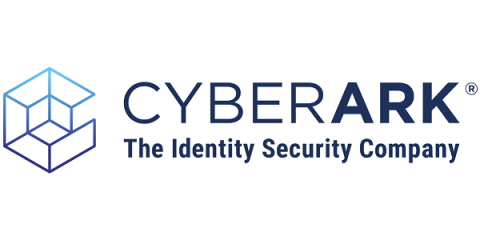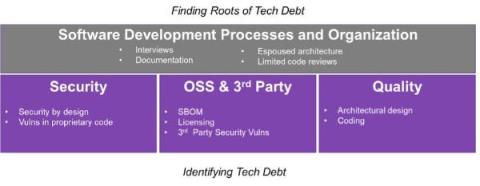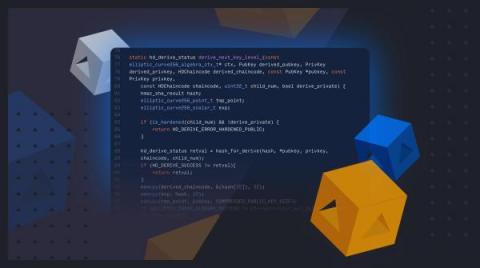Is Open Source Software Dead?
Open source software (OSS) has driven technological growth for decades due to its collaborative nature and ability to share information rapidly. However, major OSS security vulnerabilities like Log4j, Heartbleed, Shellshock and others have raised concerns about the security and sustainability of similar projects. At the same time, major open source-based companies have changed their OSS licenses, like MongoDB, Elastic (formerly ElasticSearch), Confluent, Redis Labs and most recently, HashiCorp.











